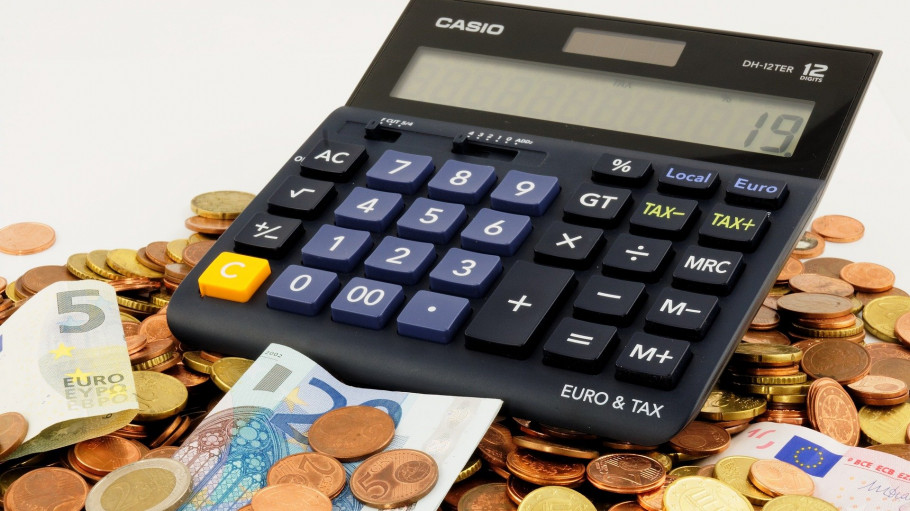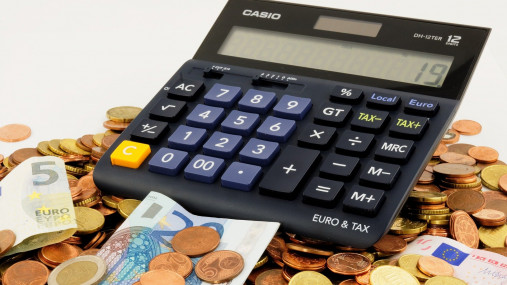
Publications » Position papers » EUROFER feedback on the draft EU taxonomy article 8 delegated act
EUROFER feedback on the draft EU taxonomy article 8 delegated act
Downloads and links
Recent updates

The European steel industry, represented by EUROFER, is progressively transitioning towards ‘greener’ solutions and plays a crucial role in moving towards a carbon neutral economy. The sector is considered a transitional activity for the objective of Taxonomy climate change mitigation. Transitional activities are those economic activities for which there is currently no technologically and economically feasible low carbon alternative, but that are taking actions for transitioning towards a climate neutral economy.
In order to reach the EU’s ambitious reduction target for 2030 and climate neutrality in 2050, novel technologies need to be demonstrated and scaled-up, which will require large and significant CAPEX investments, as well as increased OPEX for production in Europe. Given the magnitude of such investments, the EU taxonomy system must be developed to meet the scientifically based targets under 2030 and 2050, while at the same time allowing financing for activities contributing and transitioning to the EU climate and environmental goals, such as steel manufacturing.
Furthermore, taxonomy, its delegated acts and the relating reporting obligations should take into account the complexity of the steel sector: as a matter of fact, this is the only industrial sector for which the Delegated Act on climate mitigation and adaptation includes several technical screening criteria to comply with, covering different sub-activities and phases of the steel making process. This implies that the steel “activity” will need to be assessed against each and one of these criteria. It is therefore crucial that the reporting obligations set in accordance with Art. 8 of the Taxonomy Regulation are clear, legally certain, and that additional economic and administrative burdens for undertakings are prevented or limited.
With this in mind and in the light of the ongoing work of the European Commission on the Art. 8 Delegated Act, EUROFER wishes to submit its comments and suggestions on the proposed provisions, with the hope that these comments will contribute to current discussions.

Download this publication or visit associated links
Brussels, 27 November 2024 – The European steel industry is at a critical juncture, facing irreversible decline unless the EU and Member States take immediate action to secure its future and green transition. Despite repeated warnings from the sector, the EU leadership and governments have yet to implement decisive measures to preserve manufacturing and allow green investments across Europe. Recent massive production cuts and closure announcements by European steelmakers show that time has run out. A robust European Steel Action Plan under an EU Clean Industrial Deal cannot wait or manufacturing value chains across Europe will simply vanish, warns the European Steel Association.
Brussels, 12 November 2024 - Ahead of Commissioner-Designate Séjourné’s hearing in the European Parliament, European steel social partners, supported by cross-party MEPs, jointly call for an EU Steel Action Plan to restore steel’s competitiveness, and save its green transition as well as steelworkers’ jobs across Europe.
Brussels, 29 October 2024 – The European steel market faces an increasingly challenging outlook, driven by a combination of low steel demand, a downturn in steel-using sectors, and persistently high import shares. These factors, combined with a weak overall economic forecast, rising geopolitical tensions, and higher energy costs for the EU compared to other major economic regions, are further deepening the downward trend observed in recent quarters. According to EUROFER’s latest Economic and Steel Market Outlook, apparent steel consumption will not recover in 2024 as previously projected (+1.4%) but is instead expected to experience another recession (-1.8%), although milder than in 2023 (-6%). Similarly, the outlook for steel-using sectors’ output has worsened for 2024 (-2.7%, down from -1.6%). Recovery projections for 2025 are also more modest for both apparent consumption (+3.8%) and steel-using sectors’ output (+1.6%). Steel imports share rose to 28% in the second quarter of 2024.